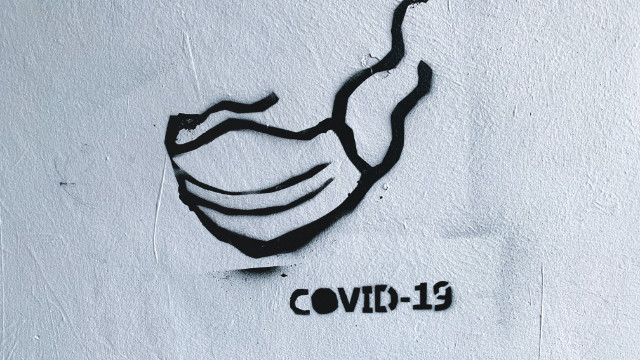What if it happens again?
GUEST AUTHOR:
Marc Prine, Ph.D.
Management Integrating Psychology (MIP Consulting)
Marc is an industrial/organizational psychologist where he works with organizations to integrate empirically supported methodologies into the management of human capital. The main focus is on optimizing the selection, development, engagement, and retention of employees through use of people analytics, assessment, and psychology.
I was recently reviewing the assessment results for a CEO candidate who would be replacing the founder of a company. My client, chairman of the board and the lead investor in a private equity firm, engaged me to do this analysis. The client’s question – is this candidate the right fit to take over?
The leadership dynamic was interesting. The Founder/CEO would be retaining a seat on the board after the successor took on the chief executive role. Following our normal conversation about the growth strategy of the portfolio company, how this person might manage both the existing leadership team and the board, my client asked an interesting question, “How would he do if COVID happens again?”
The very thought was enough to send chills down my spine. Unfortunately, this is a very important question as challenges of global proportion are not likely to go away. When the next pandemic, or trade war, or… whatever happens – will you have the right team at the helm?
As I spoke to my client, I was able to provide some thoughts based on the extensive assessment we had just done. What wins in a time of chaos, like a pandemic? Successful leaders have these things in common:
- Optimism – when stuff-hits-the-fan, all eyes are on your key leaders. How they react at the onset of a crisis sets the tone for everyone. Leaders who are emotionally controlled and present a “we will get through this” attitude not only calm those around them and have been shown to improve performance. As Henry Ford once said, “Whether you think you can, or you think you can’t – you’re right.”
- Strategic Discipline – will the leader step over a quarter today because they see the potential for a dollar tomorrow? When crisis happens, a leader’s gut reaction may be to see what needs to change, to pivot and do something different. Does your leader mortgage the future to survive today? People who let fear and impulsivity take over, take their eyes off long-term goals and are bound to make poor decisions.
- Analytical Agility – even without a crisis, leaders are increasingly asked to bounce from decision to decision and stay nimble. Add a global pandemic, social injustice and remote management and you have layers of uncertainty we have never navigated before. The ability to make strong data-driven decisions to help move teams through complexity is a mandatory minimum moving forward.
In the end, leaders now and in a post-pandemic world need to breathe confidence into their teams, stay focused and show poise in execution. With luck, we won’t have a global pandemic for at least another 102 years. We can be certain, in the meantime that leaders will be challenged to chart-a-course through uncertainty. Let’s talk about how we can assess your team’s readiness and provide the tools for them to be fully equipped, now and for the next time.

